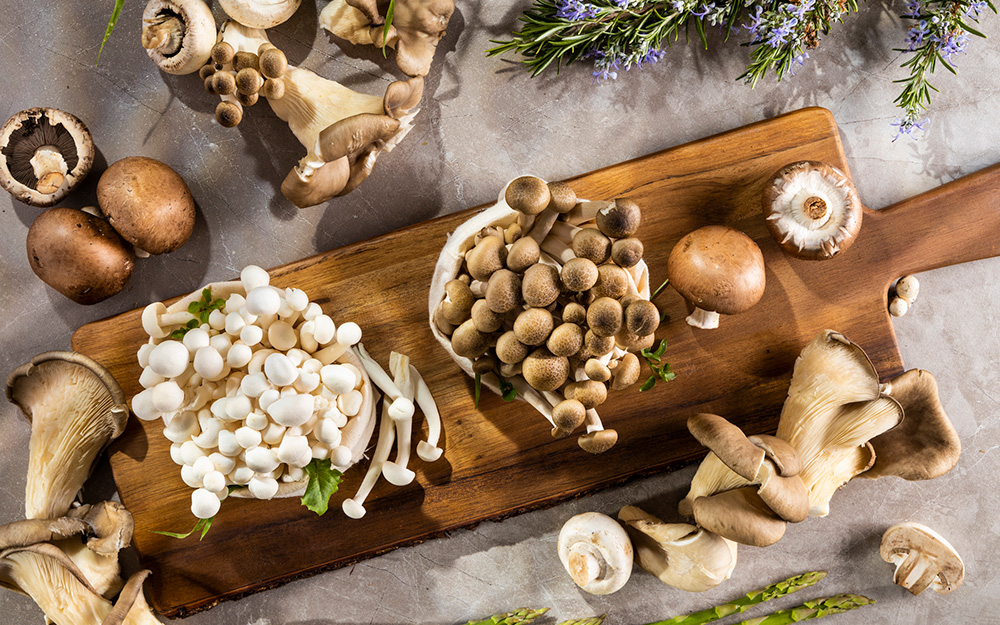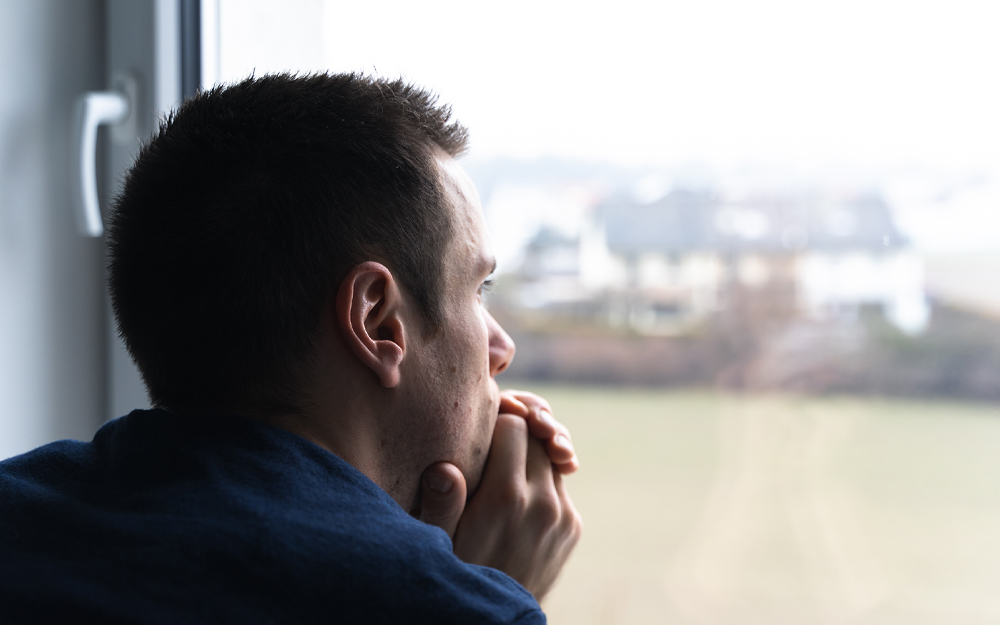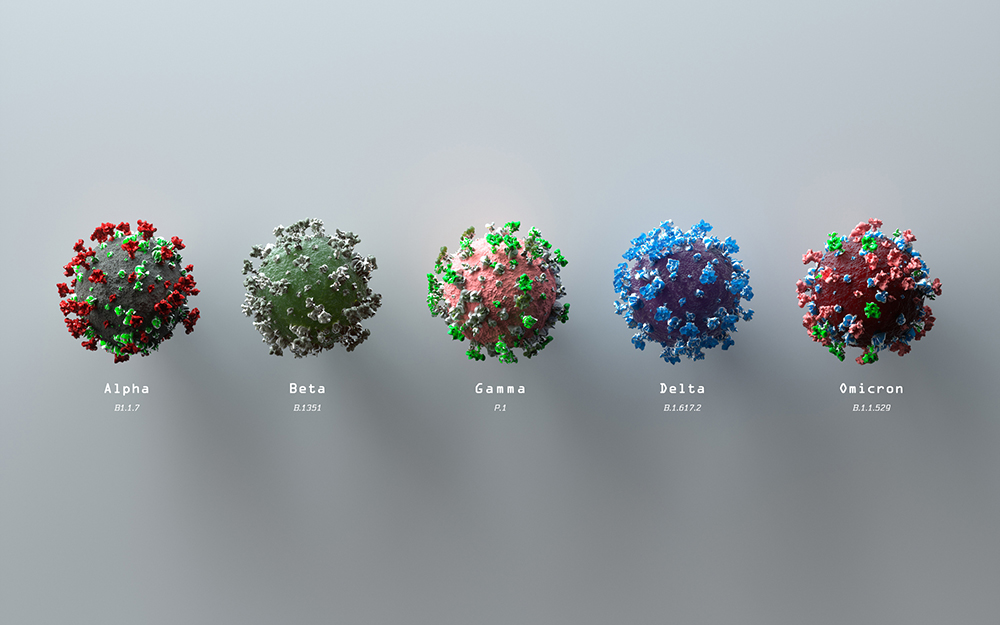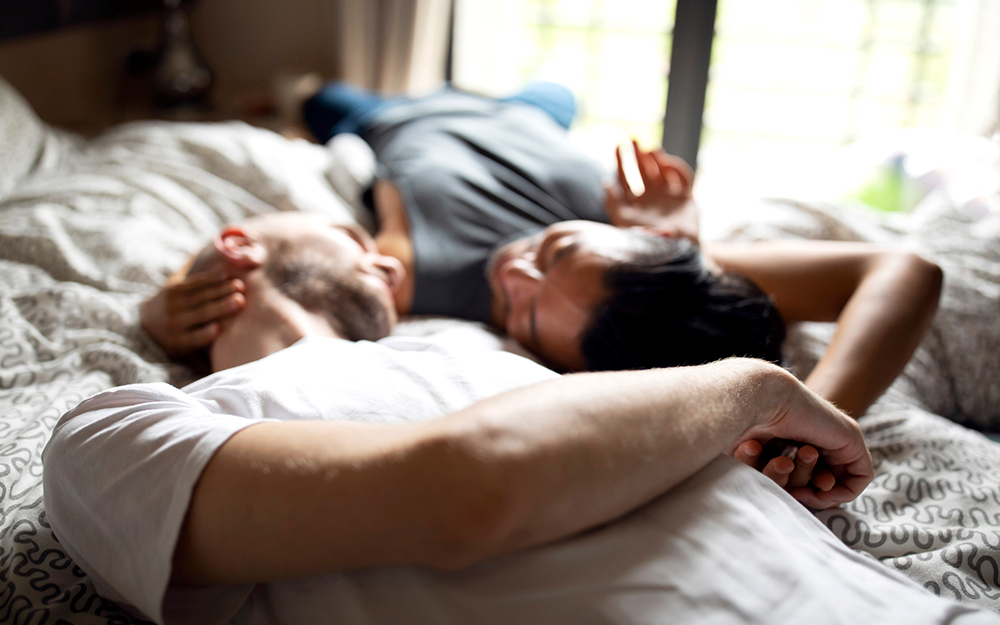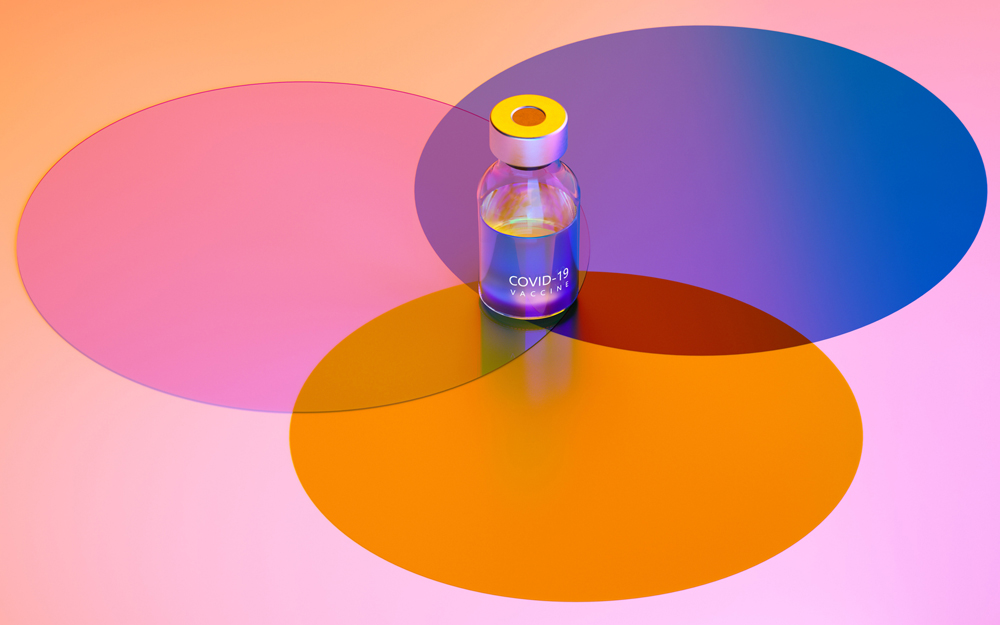Could Gargling Help Prevent COVID-19 Infections?
Date
December 29, 2020

Date
December 29, 2020
Credits
Medical providers featured in this article
In Brief
{{cta-block}}
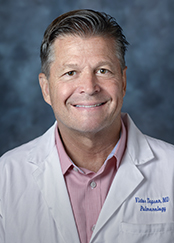
Looking for another simple method to reduce your risk of COVID-19 infection? Prominent pulmonologists suggest gargling might be worth a try.
In a recent commentary in the American Journal of Medicine, a group of prominent pulmonologists argue that gargling with antiseptic mouthwash should be studied as a potential preventive COVID-19 measure.
"We're trying to find ways to prevent COVID-19 infection," says Dr. Victor Tapson, a pulmonary critical care physician at Cedars-Sinai and one of the co-authors of the commentary. "Masks and physical distancing are really critical to stopping the spread of this disease. But are there other proven-safe measures we can add to those?"
In recent months, Tapson worked on NIH-funded COVID-19 treatment trials and is currently studying the role a clot-busting drug might play in pulmonary embolism caused by the illness.
He and colleagues quoted in the commentary point out that there is early data to suggest gargling might be a useful preventive measure, but there is not yet enough evidence to make a solid recommendation.
"There's no double-blind, randomized trial proving you can make an impact on COVID-19 by gargling, but it seems like a logical, constructive thing to study," he says.
"We're trying to find ways to prevent COVID-19 infection. Masks and physical distancing are really critical to stopping the spread of this disease. But are there other measures we can add to those."
Gargling to prevent upper respiratory infections is an idea that is more than a century old. Listerine, named after UK surgeon Joseph Lister, came along in the 1800s as a tonic credited with preventing and treating sore throats and upper respiratory infections. In the 1970s, the Food and Drug Administration put a stop to mouthwash companies claiming they could prevent colds or other illnesses.
The commentary considers the role of aspirating—inhaling infectious viruses or bacteria—during sleep in the development of COVID-19. Authors speculate that if the virus could be killed off—or the viral load reduced—when it is still in the throat, it might lead to less severe illness or possibly prevent illness entirely.
The commentary points to several smaller studies that indicate more research is warranted. One studied two cohorts of garglers who all had been diagnosed with the same infection: One group gargled with mouthwash and another saline. In the mouthwash group, 16 of 33 were culture negative for the infection they studied compared to 4 of the 25 saline garglers. Other studies have examined the effects of various mouthwash formulations on stand-ins for COVID-19 in a dish.
"We never know when the next virus is going to come along," Tapson says. "There is some proof some of these substances can kill viruses, so it makes sense to study them now."
Even if clinical trials show that gargling regularly with an antiseptic mouthwash helps prevent infection, it would not replace diligent physical distancing and mask use. It would be just another tool in our toolbox against the coronavirus.

